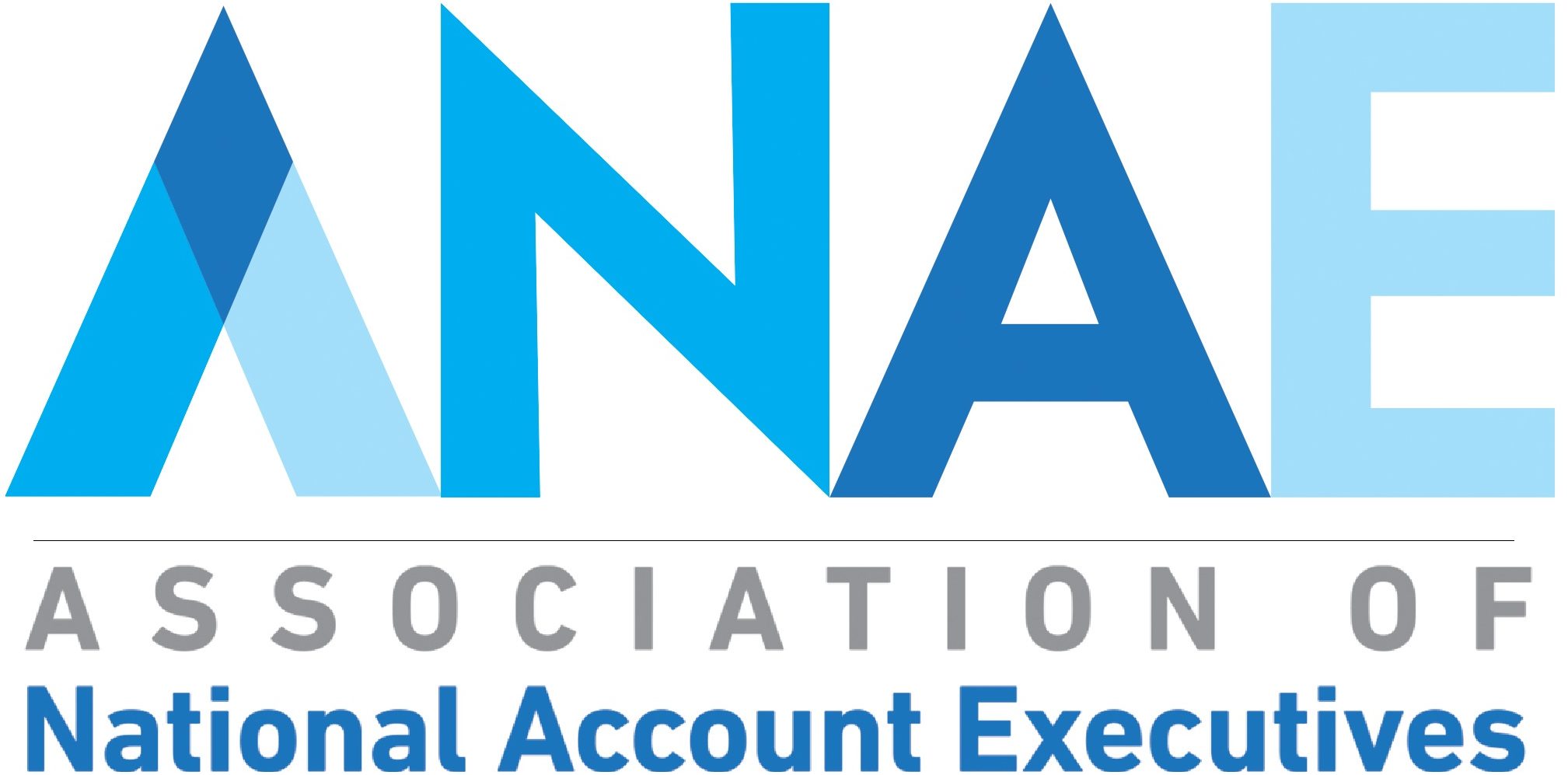 Last week, the Association of National Accounts Executives (ANAE) held the inaugural National Accounts Summit in Orlando, Fl. I was very happy to see such a great turnout for the meeting, with over 100 National Accounts Executives in attendance. I am confident next year will be even larger because the initial feedback from the event has been outstanding.
Last week, the Association of National Accounts Executives (ANAE) held the inaugural National Accounts Summit in Orlando, Fl. I was very happy to see such a great turnout for the meeting, with over 100 National Accounts Executives in attendance. I am confident next year will be even larger because the initial feedback from the event has been outstanding.
For those of you who could not attend, I assembled these 7 key takeaways! If you attended the meeting, please add another takeaway that you learned!
- Hospitals and health systems estimate that it costs $60,000 to $80,000 to replace a nurse. It would be very valuable to a provider if you, as a supplier, can help to raise the job satisfaction of the nursing staff. For example, a product or service that promises your customer, “I can get your staff home sooner” would be viewed very favorably by the provider for reducing overtime pay and it would make for happier nurses since they can go home on time at the end of their shift.
- Think of Value Analysis as a concept or process – not an event. Value Analysis is a continual evaluation of Total Value Management and suppliers need to be very clear what their role is! Value Analysis teams get 50-100 new product requests every month, so suppliers need to be very clear about what makes their product stand out from the rest.
- How a supplier reacts when Value Analysis doesn’t approve your product is very important. If you accept the bad news gracefully and stay in touch with the Value Analysis team, you are much more likely to fill a competitor’s back order if a supply disruption occurs. Remember, these supply chain leaders have long memories!
- Mergers and acquisitions are changing everything on both the Provider and Supplier sides of the desk. Hospitals and IDNs would like the supplier to have a proactive plan when a merger or acquisition happens. Help the supply chain leader understand the rationale for the contracts in place and have a “going forward” plan to ensure pricing and service levels move towards the appropriate levels of parity.
- Everything is a commodity until the supplier proves it isn’t. The onus is on the supplier to prove differentiation. The definition of “alignment” is being adequately compensated for your client’s success. Suppliers hasten the commoditization of their products when they are not aligned with their clients.
- As you ascend the stairs of the sales process of partnering, your competition will decrease and price sensitivity will start to wane. Said another way, the farther away you are from a partnership, the more crowded the competition is – and the more important price becomes!
- Make sure you know how your product or service helps the hospital or IDN improve their goals in the “Triple Aim.” The more tenants of the Triple Aim that your products or service can help to improve, the more likely it is that it will be embraced (and maybe even fast tracked into the system!). Best-in-class suppliers are quick to articulate these benefits.
The National Accounts Summit was a 2-day event organized by the Association of National Accounts Executives. The Summit was designed to help educate National Accounts Executives on best-in-class techniques and knowledge to be successful in the U.S. healthcare contracting arena. To be notified of future events, subscribe to National Accounts Weekly for free at www.nationalaccountexecutives.com.
